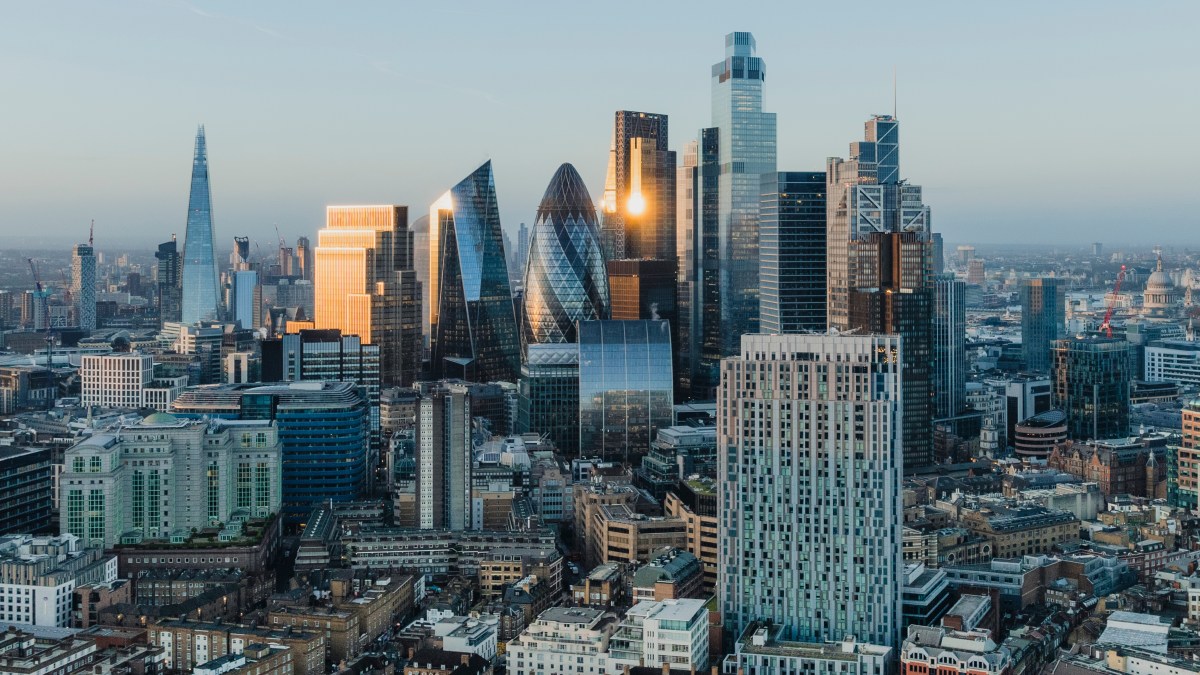American investors have pumped more than $15 billion into UK equities since the start of the year — more than into other overseas markets — according to new that provides a boost to the embattled London Stock Exchange (LSE).
The FTSE 100 is trading at record highs, suggesting Britain is seen as a relatively safe haven for investors in the face of political and economic turbulence sparked by President Trump’s tariffs.
Schroders, the investment manager that provided the research, demand from US investors for UK equities may have “outstripped their appetite for other markets” because shares in London also appear to be relatively cheap, despite the rally in recent weeks.
“We are currently seeing increased interest in UK companies from our US and international investors, with many noting the relative value available across a range of sectors,” said Sue Noffke, head of UK equities at Schroders.
The analysis of data published by the US Treasury shows that while American investors have also put more money into Asia, Japan, Latin America and China, they have not been buying shares in Europe when the UK markets are excluded. It provides a flavour of investor appetite for Britain at a time when the LSE is fighting to attract more initial public offerings and reverse the trend of more companies being taken over than new ones listing on the market.
Closely watched data compiled by the financial technology company Calastone shows that domestic investors are continuing to shun the UK stock market, but the analysis by Schroders appears to indicate that this is not the case for American investors.
Further data from Morningstar Direct, scrutinising exchange-traded funds (ETFs) linked to the FTSE, shows that investors bought ETFs in June and July — the first two consecutive months of inflows in a year.
António Simões, chief executive of the insurance giant Legal & General (L&G), said there was “pent-up” demand among international investors for UK shares, while Dame Amanda Blanc, boss of insurance rival Aviva, said “investors are definitely more interested in the UK”. She added: “If you look at the UK — strong regulatory environment, strong rule of law — the environment is seen as a positive one.”
Among the big companies on the FTSE 100 to have attracted overseas investors is the fund manager M&G, in which the Japanese insurer Dai-ichi Life is planning to take a 15 per cent stake as part of a strategic partnership. Another Japanese company, Meiji Yasuda Life, has bought a near 5 per cent stake in L&G, while Aviva has attracted the attention of the big US investor Capital Research and Management with a position of nearly 5 per cent.
Dai-ichi Life is one of Japan’s largest insurers
ALAMY
Anecdotally, City figures have detected a more positive attitude towards the UK stock market in recent weeks from international investors. Simon French, managing director at broker Panmure Liberum, said the UK was looking attractive relative to other countries: “The French can’t pass a budget, the German economy has grown even slower than the UK, Canada is in the cross-hairs of the US [trade war], Japan has debt twice the size of the UK’s.”
Julian Morse, joint chief executive of the City firm Cavendish, noted that the FTSE All-Share index has also hit record highs. “The fact that the FTSE 100 and FTSE All-Share have just reached record levels means significant inflows have occurred and they are likely to have a large overseas weighting.”
Companies are also buying back their shares, which helps to increase their stock prices and also boosts FTSE indices.
Mike Coop, chief investment officer for Europe, the Middle East and Africa at Morningstar Wealth, said another factor was that investors were shifting out of cash as interest rates start to fall, in the hunt for higher returns. “Many investors have reduced their cash holdings following the drop in interest rates. At the same time, there has been less selling pressure from both local and foreign investors,” said Coop.
Noffke said Schroders had seen investor interest in “financial institutions, as well as firms within the defence and AI industries”. “In addition, some domestic defensive stocks — such as those in telecoms, utilities and insurance — are trading at a discount compared to their international peers, yet appear to have been largely overlooked by domestic investors,” she said.
Schroders’ research also showed that investors were continuing to buy shares in the US, where stock markets are also at record levels. Markets fell in April when Trump first announced his “liberation day” tariffs but have since recovered.

